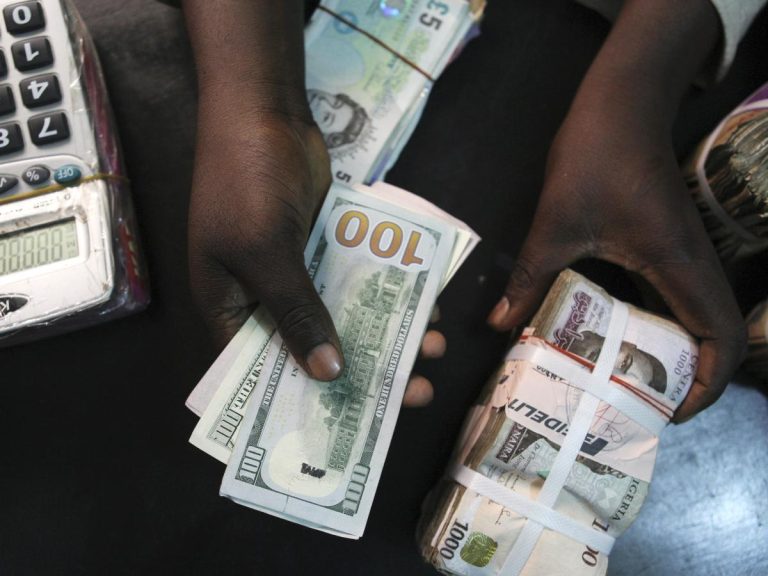NAIRA METRICS
Article Summary
- Former President Mohammodu Buhari signed the Finance Act 2023 into law, introducing tax reforms aimed at modernizing Nigeria’s fiscal framework.
- The Act includes a 10% tax on gains from the disposal of digital assets, recognizing the economic potential of cryptocurrencies and ensuring their contribution to the country’s development.
- The tax provision broadens Nigeria’s tax base, fosters innovation, and addresses regulatory challenges, but striking a balance is important to avoid stifling industry growth. Education and awareness campaigns are necessary for compliance and understanding of digital asset taxation.
On May 28, 2023, the eve of his departure from office, former President Mohammodu Buhari signed into law the ground-breaking Finance Act 2023.
The Act introduced a series of tax reforms aimed at modernizing the country’s fiscal framework. Among its provisions was the introduction of a 10% tax on gains from the disposal of digital assets, including cryptocurrencies. This signifies Nigeria’s recognition of the growing influence and economic potential of digital assets while ensuring that the tax system keeps pace with the evolving financial landscape.
About the Finance Act
The Finance Act 2023 is a comprehensive piece of legislation that seeks to enhance fiscal transparency, boost revenue generation, and promote economic growth. Recognizing the increasing prominence of digital assets, such as cryptocurrencies, the Act aims to bring them into the purview of taxation.
By doing so, the Nigerian government seeks to create a level playing field and ensure that these assets contribute their fair share to the country’s development.
One of the most significant provisions of the Finance Act 2023 is the introduction of a 10% tax on gains from the disposal of digital assets. This move aligns Nigeria with several other nations around the world that have recognized the need to tax digital asset transactions effectively.
It highlights the government’s commitment to adapting its fiscal policies to the rapid advancements in technology and the changing nature of financial transactions.
The decision to impose a tax on gains from the disposal of digital assets reflects the government’s recognition of the economic potential of cryptocurrencies. The global cryptocurrency market has witnessed remarkable growth in recent years, with digital assets gaining wider acceptance as alternative investment options.
By taxing gains from the disposal of digital assets, the Nigerian government aims to capture a portion of the economic value generated from these transactions, contributing to the country’s overall revenue stream…



